
Stories, ideas, and updates from DGers around the world
The Development Gateway: An IREX Venture blog is where DGers share specific learnings, offer thought-provoking insights, and pose challenging questions for the sustainable development community derived from our work.
Our blog has a deep archive going back to 2005. Each post is a snapshot into our work, priorities, and values.
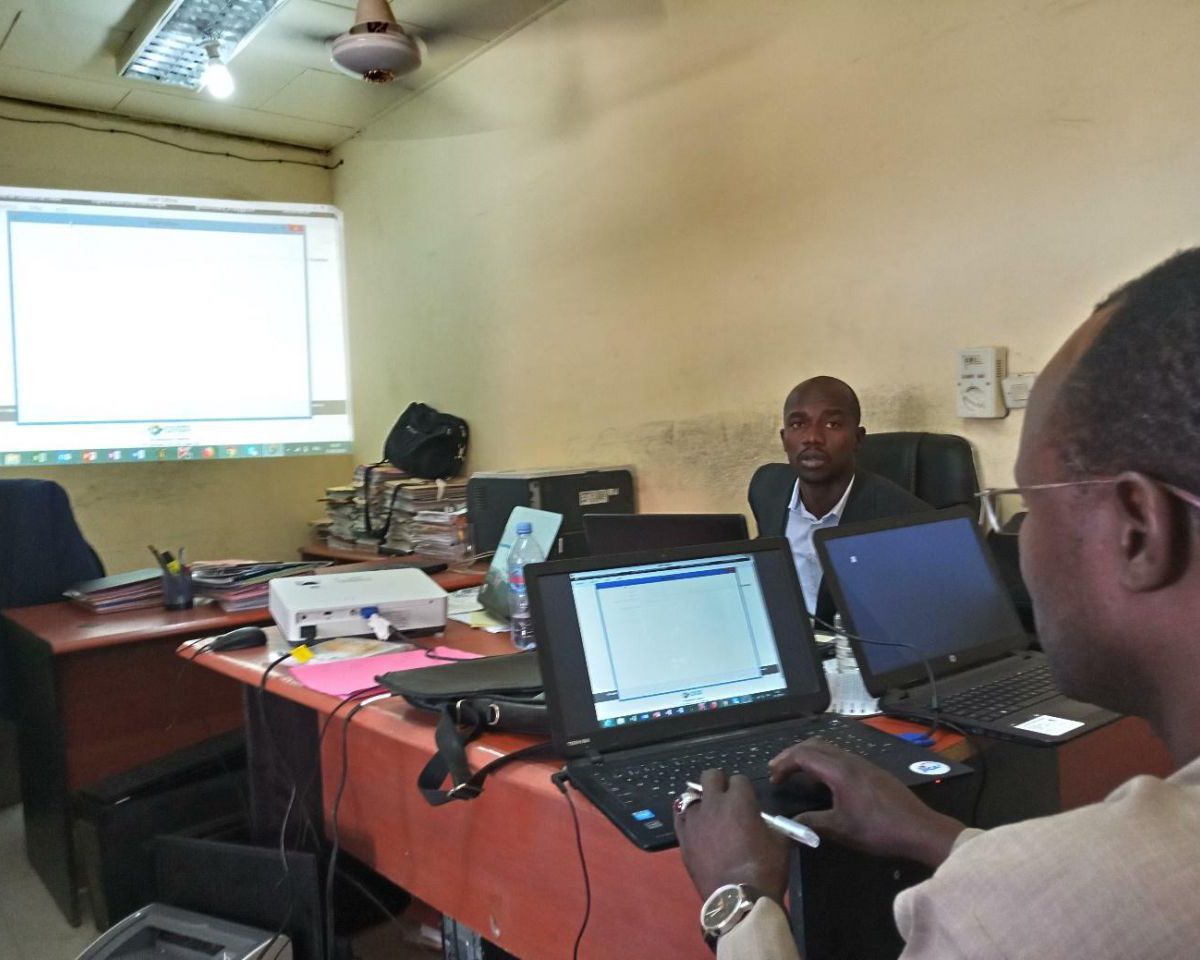
Chad’s Study Visit to Côte d’Ivoire: A Tale of Cross-Country Knowledge Sharing // Tchad fait une visite d’étude en Côte d’Ivoire: une histoire de partage de connaissances entre deux pays
When was the last time you received an email, or sent one yourself, along the lines of, “I’d love to grab coffee to ‘pick your brain’ about where and how you’ve found success!” Was it last month, or maybe even last week? Unstructured knowledge sharing is a common, expected practice for professionals in any field.
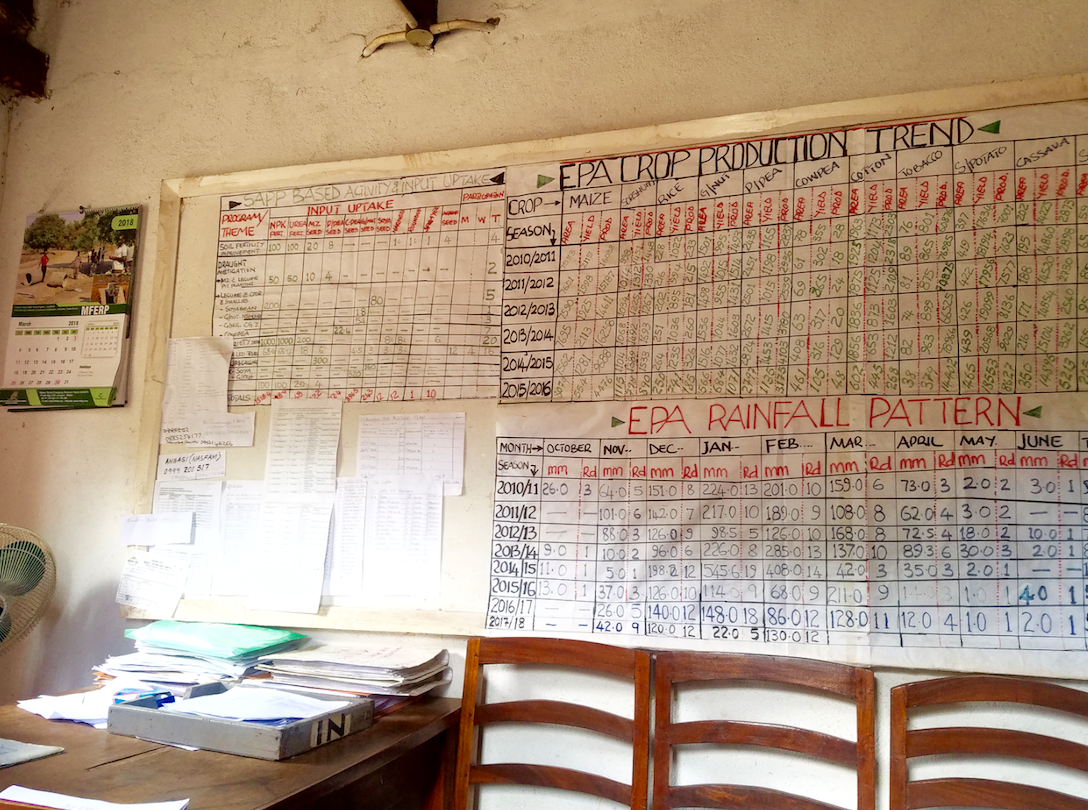
On the Money: Getting Funding for Data Right
Last week, we shared our schedule for this week’s Data for Development Festival, hosted by the Global Partnership for Sustainable Development Data (GPSDD) in Bristol, UK. The event brings together a vibrant community of governments, foundations, private sector and nonprofit organizations, galvanized by the belief that data, used well, can drive better development outcomes and
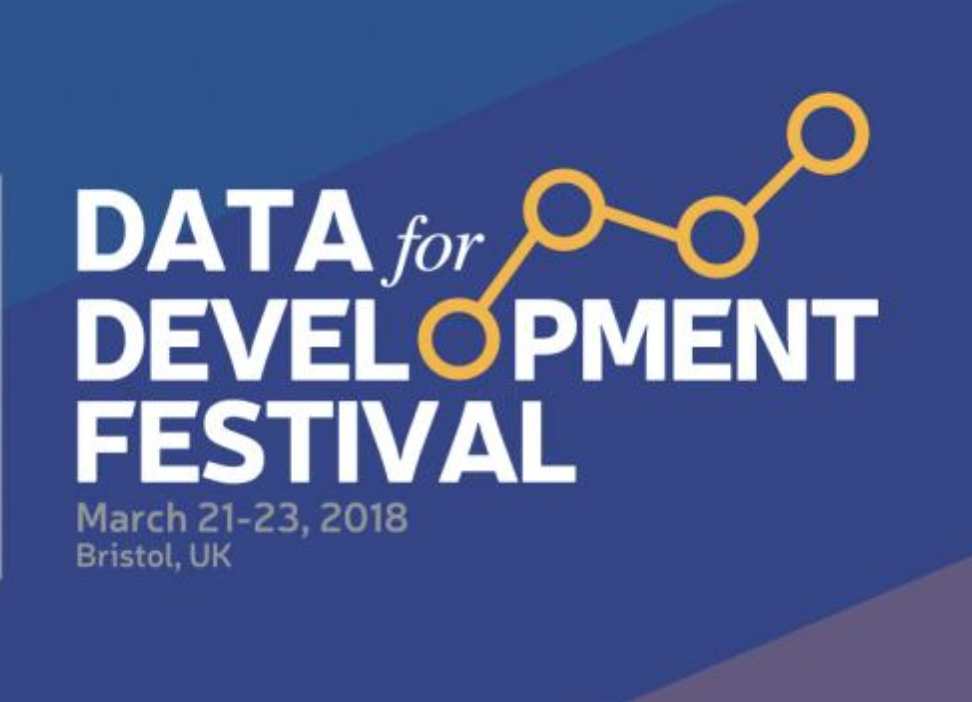
Data for Development Festival 2018: Where You’ll Find Us
This month, we’ll be participating in the Data for Development Festival in Bristol, UK. We’ll be attending a mix of exciting sessions throughout the entire festival, but we hope to see you at the following sessions in particular: Building Data Ecosystems for Decision-Making Wednesday 21 March 2018, 14:00 – 15:30, Lord Mayor’s Reception Room
.jpg)
Joining Up Data to Combat HIV/AIDS in Côte d’Ivoire
How can “joined-up” geospatial data support the battle against HIV/AIDS, by promoting evidence-based decision-making? Last month, Development Gateway joined our partners at the AidData Center for Development Policy in launching the Côte d’Ivoire (CIV) open geospatial data center (OpenDCH), supported by USAID-CIV and PEPFAR. The OpenDCH/GeoCenter aims to address key challenges related to the country’s
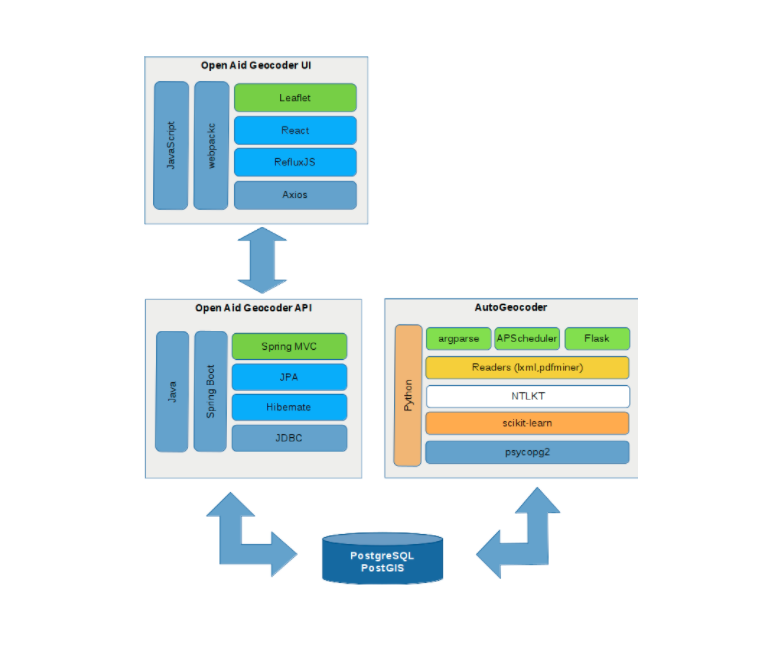
The Geocoding Suite: Let’s Get Technical
Development Gateway’s Geocoding Suite has several components, each working in tandem with aid and management information systems to assign precise geospatial data on the locations of development projects.We have recently announced the addition of a lightweight, user-friendly automatic geocoding backend tool – aptly called the AutoGeocoder. If you read our last blog post, you’re familiar
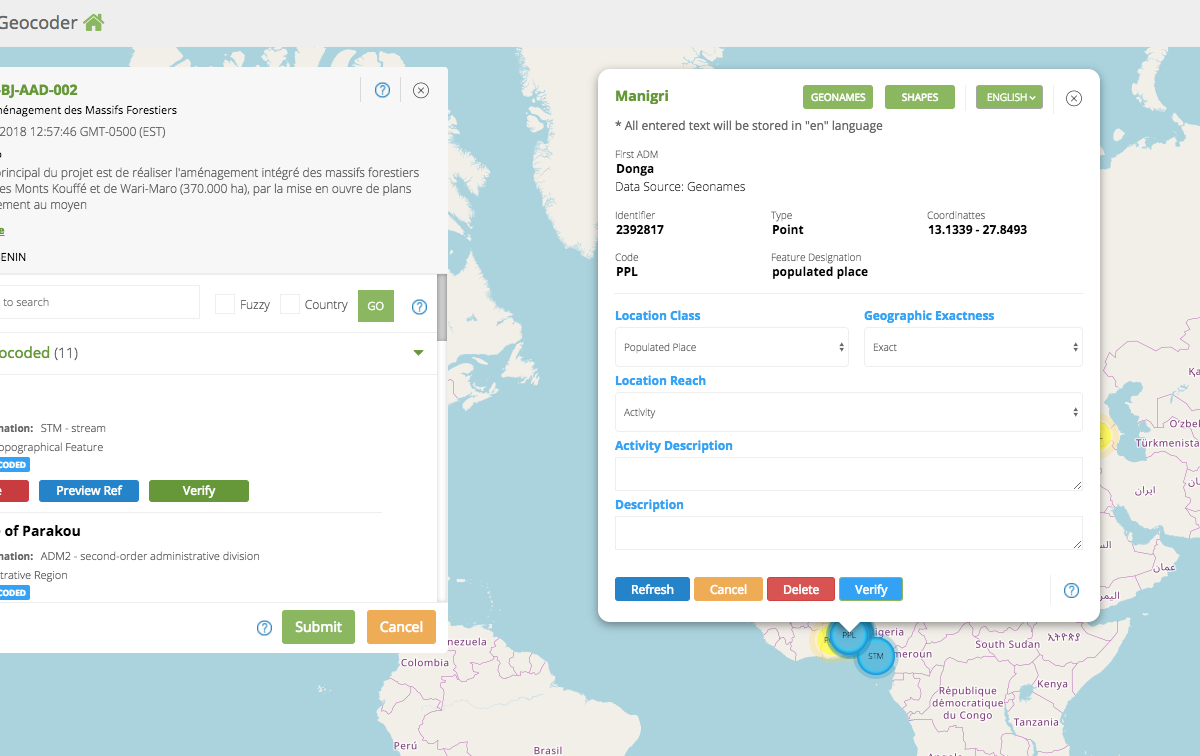
Hey Alexa, Where is FAO Working in Uganda?
Okay, so we might not be able to ask our smart home systems questions about where development efforts are taking place just yet. However, we're working to determine whether we could use Machine Learning to help us more quickly answer that very question, “Where is FAO working in Uganda?”

Conceptualizing Self-Sufficiency for Aid Recipient Countries
Individual countries and large international organizations provide aid to low- and middle-income countries for a host of reasons, including to encourage economic growth, to support regional political stability, to expand market access and humanitarian purposes.

Cómo utilizar estándares internacionales para mejorar los datos abiertos de compras y contrataciones públicas: el caso de ChileCompra
La Dirección de Compras y Contratación Pública de Chile (ChileCompra) es un líder regional de la transparencia en materia de compras públicas. Durante 2017, Development Gateway (DG) ejecutó una consultoría de elaboración de un Plan de mejora de datos abiertos para ChileCompra. El objetivo principal de la consultoría fue establecer un plan de acción que
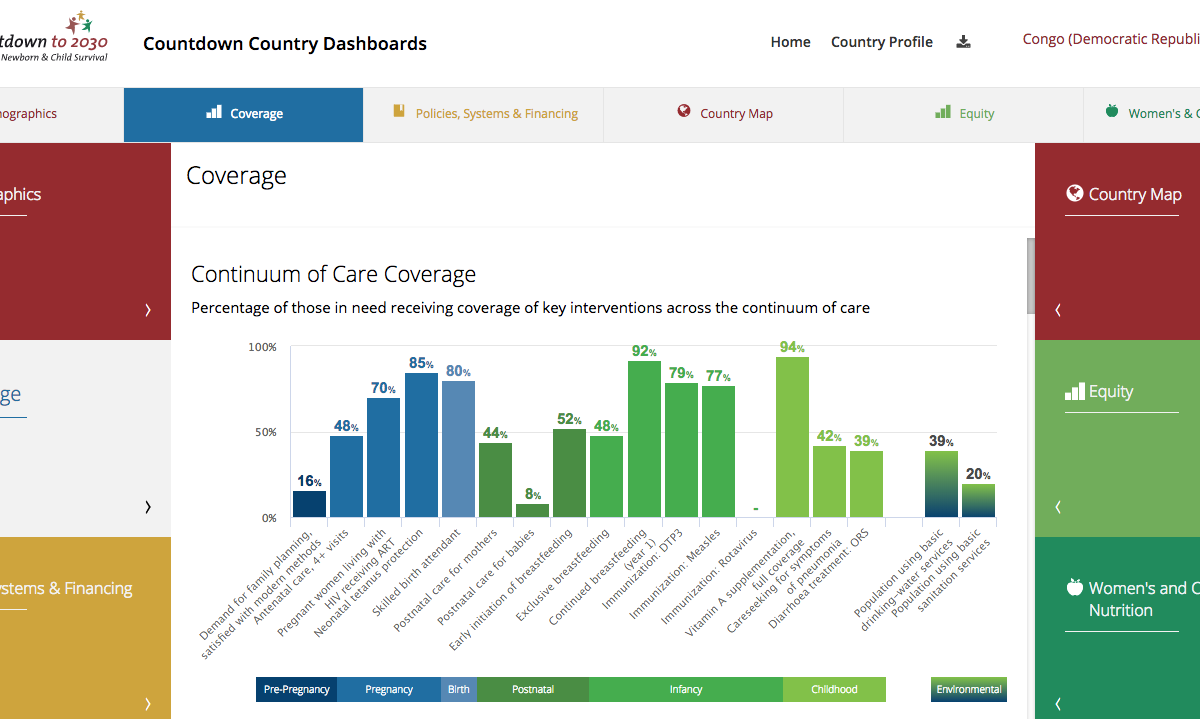
Countdown to 2030: Accelerating Momentum towards Ending Preventable Maternal, Newborn, and Child Deaths with UNICEF
DG is pleased to announce the recent launch of the Countdown 2030 Country Dashboards and Profiles. In recent months, we partnered with Countdown 2030 and UNICEF, a Countdown 2030 member, to develop a series of comprehensive dashboards that illuminate progress towards achieving Sustainable Development Goal (SDG) 3, Good Health and Wellbeing, which calls for the end of preventable maternal, newborn, and child deaths. The Dashboards and Country Profiles visualize data that is provided through an API serviced by UNICEF.
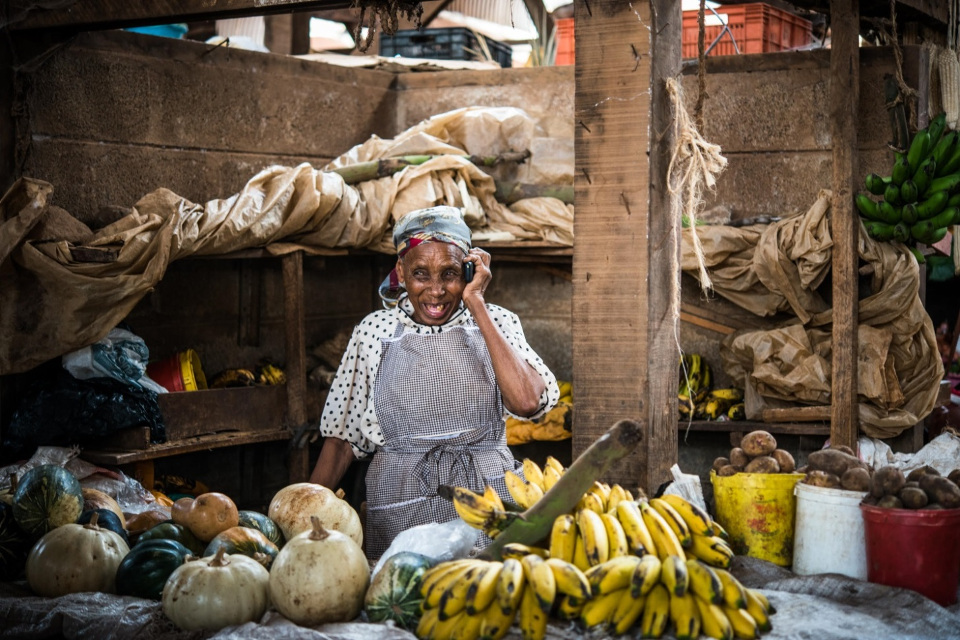
Harnessing Technology at DFID: Takeaways from the New Digital Strategy
When it comes to technology and innovation, we often joke that the development sector lags at least 5 years behind the private sector. Worse still, in an effort to catch up, development agencies risk falling prey to fads, buzzwords, and endless jargon. The result is a staggering number of abandoned technology pilots, a paucity of